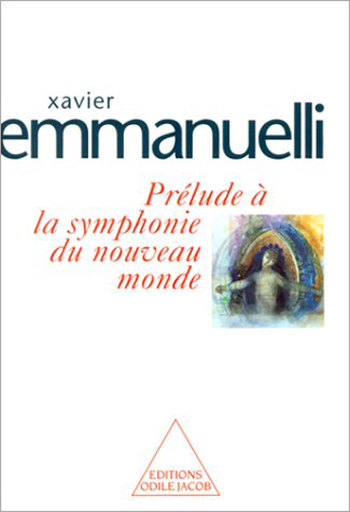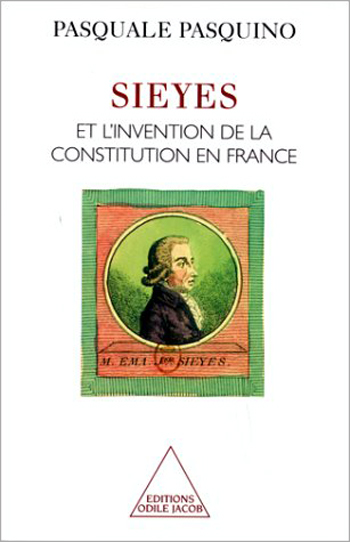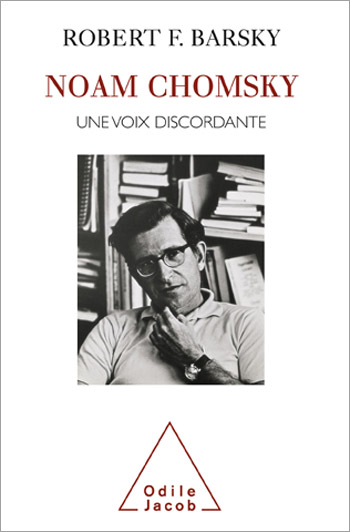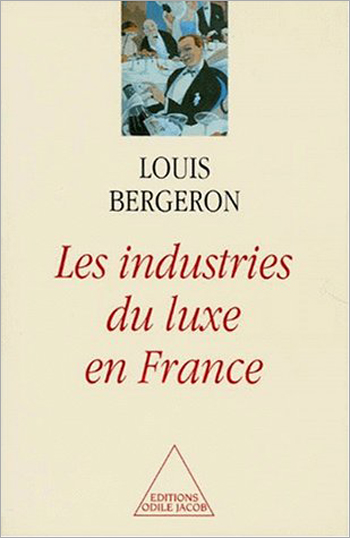Human Sciences All books
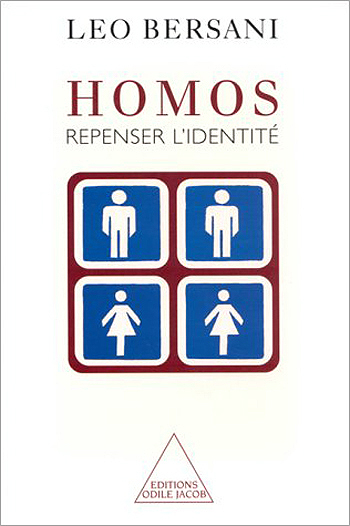
Léo Bersani
Homos Reassessing the Identity
What does it mean to be homosexual today ? Is it necessary to form communities and if so, why ? Is the primary aim equality in society such as it is, or the challenging of society itself ? Up to what point do homosexuals distinguish themselves ? Must there be a link between sexual claims and political dispute ? The gay and lesbian communities necessarily ask themselves these questions. On a wider scale, they also encourage a redefinition of the human being in contemporary societies. Already considered a classic in the United States, Homos presents an innovative, critical reflection on identity and the dangers in the withdrawal of a community from society. An expert in French literature, Leo Bersani is a professor at the University of California. He has notably published Baudelaire and Freud, and Theory and Violence.
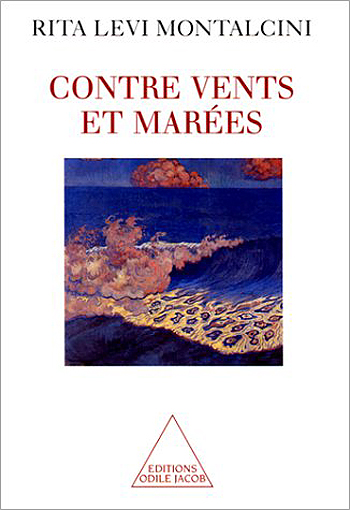
Rita Levi Montalcini
Against All the Odds
What do Primo Levi, the author of one of the most powerful accounts of life in a Nazi death camp, and Max Delbrück, one of the founding fathers of molecular biology, have in common? The answer is that they--as well as the others described in this book--were able to face the trials and tribulations of their lives with exceptional courage, and without losing their sense of humanity. Through a series of portraits, drawn with great warmth and restraint, Rita Levi Montalcini recounts the course of several exemplary lives. Rita Levi Montalcini taught neurobiology at Washington University for thirty years.
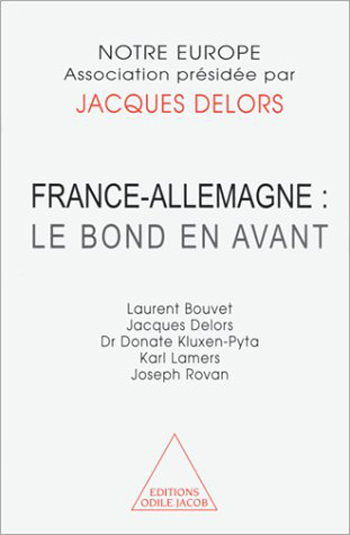
Jacques Delors
France and Germany - the Leap Forward
"During the past fifty years, the Franco-German ship has been shaken by numerous storms--although they never seriously halted her forward movement. In our opinion, strengthening the friendship between our two countries and working towards European political union will not lead to the loss of our French and German identities, nor will it dampen their vitality, for there can be no great design unless our national communities are fully alive and strengthened by a sense of social and citizens' cohesion." Jacques Delors
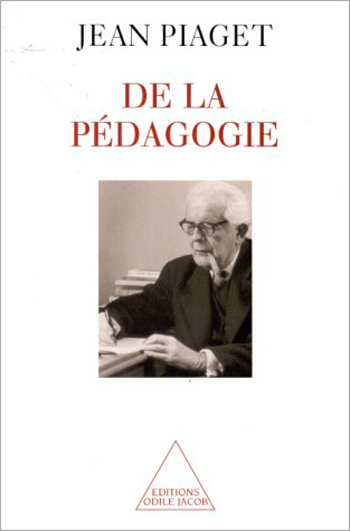
Jean Piaget
Of Education
What is the teacher's role and how important is it in a child's education? Should this role include the shaping in the child's mind of the tools with which to grasp and comprehend the world? How should activities be presented so as to be easily understood by children? What are the difficulties that children encounter when resolving mathematical problems? Pedagogical methodology, the role of the educator, and the child's autonomy : these are some of the subjects that Piaget reflected on throughout his life and which remain central to educational concerns today.

